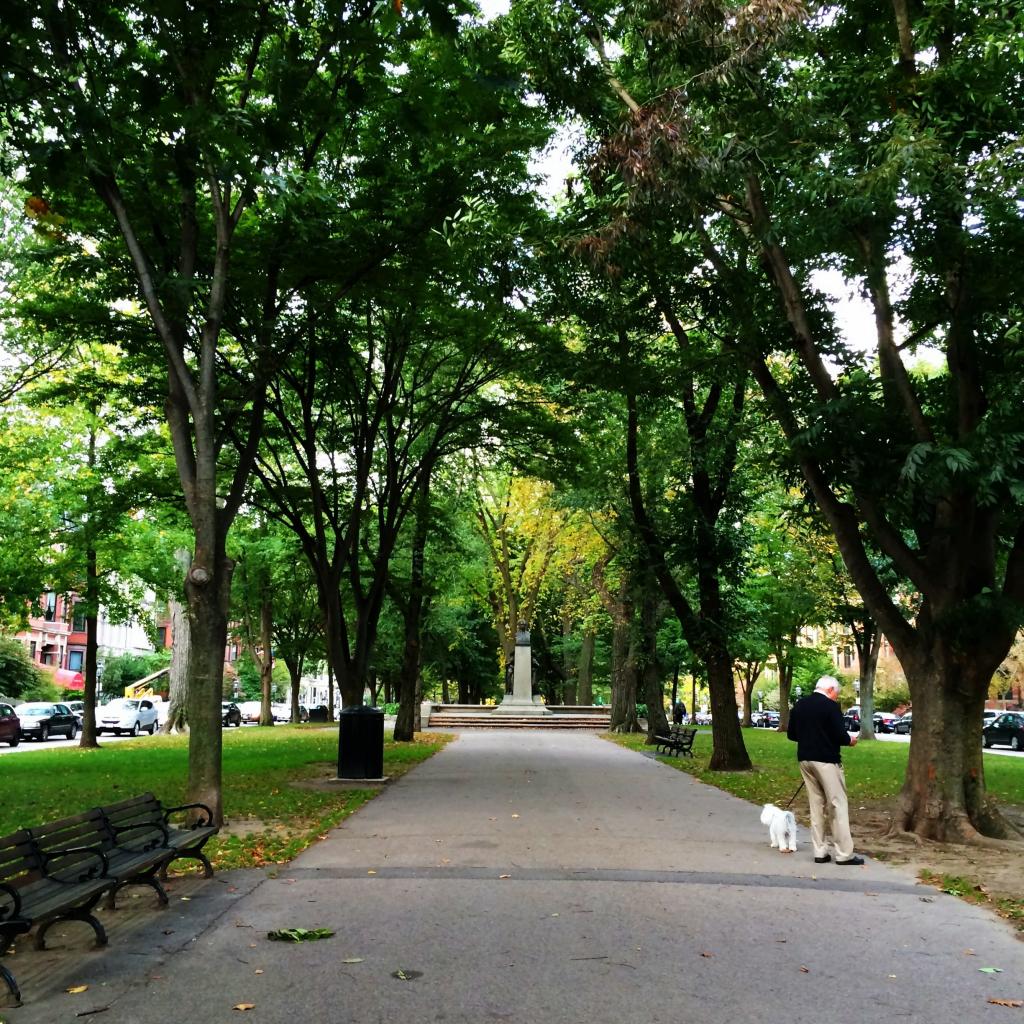- Home
- Hearing Loss
- Hearing Aid Use And Care
Don’t Let a Summer Vacation Damage Your Hearing Aids
2020-06-22 While today’s hearing aids are designed to protect against moisture, dirt, and debris, they are not indestructible. If you’re going on vacation this summer, your getaway may present several situations that could potentially damage your hearing aids. Exposing yourself to extreme heat and humidity or jumping into the pool without taking out your hearing aids could lead to costly repairs and extra visits to your hearing care professional’s office. Wherever your travels take you this summer, keep the following tips in mind.
For those who prefer the ocean…
When visiting a tropical paradise, the three biggest threats to your hearing instruments are water, humidity, and sand.
WATER
As of today, there are currently no hearing aids on the market that are labeled as waterproof. Some devices may be able to withstand more exposure to moisture than others, but in general you should try to keep your devices dry and away from the pool or ocean. Keep your hearing aids stored in a secure case while tanning or swimming, as even a small amount of water can damage the microphone, receiver, tubing, and more.

HUMIDITY
If you wear glasses, you have probably noticed that a layer of steam appears on the lenses when you move from a humid area to an air-conditioned one. This condensation may be harmless for your glasses, but it can cause serious damage to a hearing aid if left unchecked. You may need to remove your hearing aids often in humid environments to dry them, or you may consider purchasing an electric hearing aid dryer.
SAND
It’s not uncommon to find sand in your ears or pockets days after visiting the beach. These fine grains stick to anything, and your hearing aids are no exception. Before you reinsert your hearing aids, wash your hands thoroughly to prevent any excess sand from clogging your device and causing problems with functionality.
For hikers and adventurers…
Whether you are exploring the Grand Canyon or biking through a trail, you’ll want to have your hearing aids with you to take in all the breathtaking sounds nature has to offer. With the proper maintenance and care, you can keep your hearing aids functioning optimally no matter your lifestyle or level of activity.
If your vacations involve a lot of exercise, you should be prepared to fight against sweat and heat as well as high winds and debris.
SWEAT
As mentioned above, hearing aids are designed to fight back against only a moderate amount of moisture exposure and will not react well to being drenched. Try to keep a sweat rag with you to wipe excess perspiration away from your ears. If you’re prone to sweating, consider purchasing some nylon hearing aid sleeves to keep your devices dry.
HEAT
Your hearing aids should be shielded from extreme heat sources to keep their internal parts from becoming damaged. When not in use, your hearing aids should be stored in a dry, cool area away from windows or direct sunlight.

HIGH WINDS AND DUST
Certain dry areas, particularly in the Midwestern United States, can generate high amounts of wind that blow around dust and other particles. You wouldn’t want to inhale this dust, and neither do your hearing aids—keep a hearing aid cleaning kit with you at all times to unclog any debris.
Daily maintenance is key
While these conditions are more extreme than what you will experience on a daily basis with a hearing aid, it is still important to begin a routine of cleaning your devices daily to prevent any performance issues. For more information on how to clean and maintain your hearing aids, please click here.
If you are planning a vacation this summer, we also suggest scheduling an appointment with a hearing care professional to have your hearing and devices tested to ensure they are working their best. This way, you will be more prepared to enjoy your time off without having to worry about fixing your device—just don’t forget to bring extra batteries in case of an emergency!
Latest
- 4 Essential Communication Rules for Family Members of Hearing Aid Users
- Hearing Aid "Break-In Period": Say Goodbye to Discomfort, Hello to Clear Sound
- The ultimate guide on how to choose hearing aids for seniors
- In addition to performance, how do parents choose children's hearing aids?
- Hearing Care Professional: How Do You Maintain Your Hearing Aids Regularly?
Hearing Aid Use And Care













All 0 comments